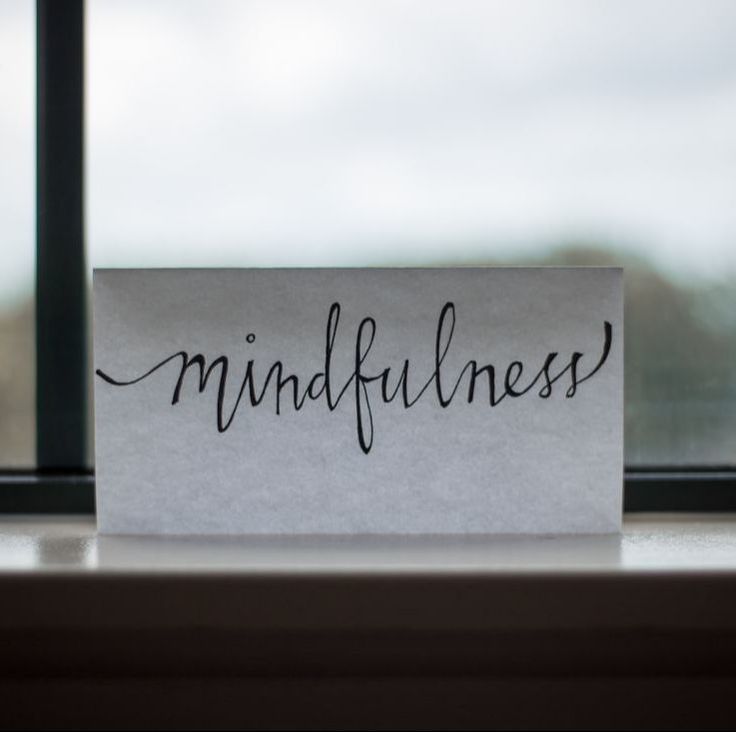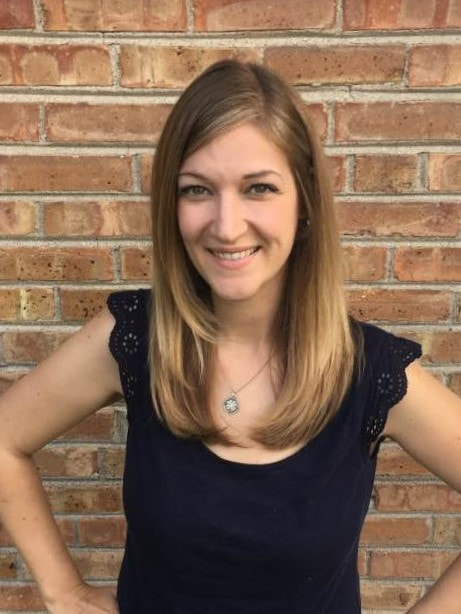|
This article was reprinted on ProHealth on June 17th, 2018. It was later removed for reasons outlined in this notice. Most of the links on this post are informational, but a few are affiliate links to help maintain this website. In 2015, I took a Mindfulness-Based Stress Reduction course to cope with having an undiagnosed illness. Through this course I learned the tenets of mindfulness and how to apply them to daily life. Before taking the class I had thought about practicing meditation, but I’d never created a habit around doing it. In the end, the class changed my outlook on life and gave me tools to cope with the uncertainty that comes with illness. Mindfulness-Based Stress Reduction is an 8 week course designed by Jon Kabat-Zinn of the University of Massachusetts Medical Center. Kabat-Zinn is the the author of Full Catastrophe Living: Using the Wisdom of Your Body and Mind to Face Stress, Pain, and Illness. The class is taught all over the world and there’s probably a class offered near you. Many classes are covered by insurance, because they are taught by a licensed mental health professional. So what is mindfulness? According to Kabat-Zinn, "Mindfulness means paying attention a particular way: on purpose, in the present moment, non-judgmentally." The keyword is "non-judgmentally." It's about changing your awareness in the ever changing present moment with openness. This means when something new comes into your life, such as a symptom or test result, you try to bear witness to it in a non-judgmental way. Symptoms and test results do not need to be seen as "bad" or "good," in the moment they can just "be." Research shows when a person practices mindfulness it decreases anxiety and increases focus. This is due in part to the "relaxation response." After about 10-20 minutes of meditation the mind and body enters a different state. This state is thought to have many positive effects on health. Mindfulness also creates space for things to emerge creatively. If we are constantly moving and not noticing what we are doing, life can easily pass us by without time for what nurtures our spirit. In addition, mindfulness allows us to think creatively about problems. When you get quiet, you might open yourself up to new solutions to an old problem, or new opportunities in treatment. As you start to practice mindfulness you will notice that when you have a negative emotion, you become aware of it, contain it, and not allow it to take over. You will develop the capacity to learn unconditional self-acceptance and unconditional acceptance of others. However, it's not an automatic process. Failing is inevitable and is an opportunity to grow. Relaxation and learning to pay attention is not a waste of time, it's one of the best uses of your time. Practice meditation, practice mindfulness, and see the results for yourself. What are you waiting for? "Just keep coming home to yourself, you are the one you’ve been waiting for." - Bryon Katie
0 Comments
Leave a Reply. |
WelcomeI'm Kerry (She/Her/Hers) and I am a licensed therapist, group facilitator, poet, writer, & speaker. This is a place to acknowledge and validate our suffering and trauma, while also learning how to turn toward aliveness and spaciousness. Categories
All
Archives
April 2024
|
|
Copyright © 2024 Kerry J Heckman All rights reserved. Disclaimer.
|
|



 RSS Feed
RSS Feed